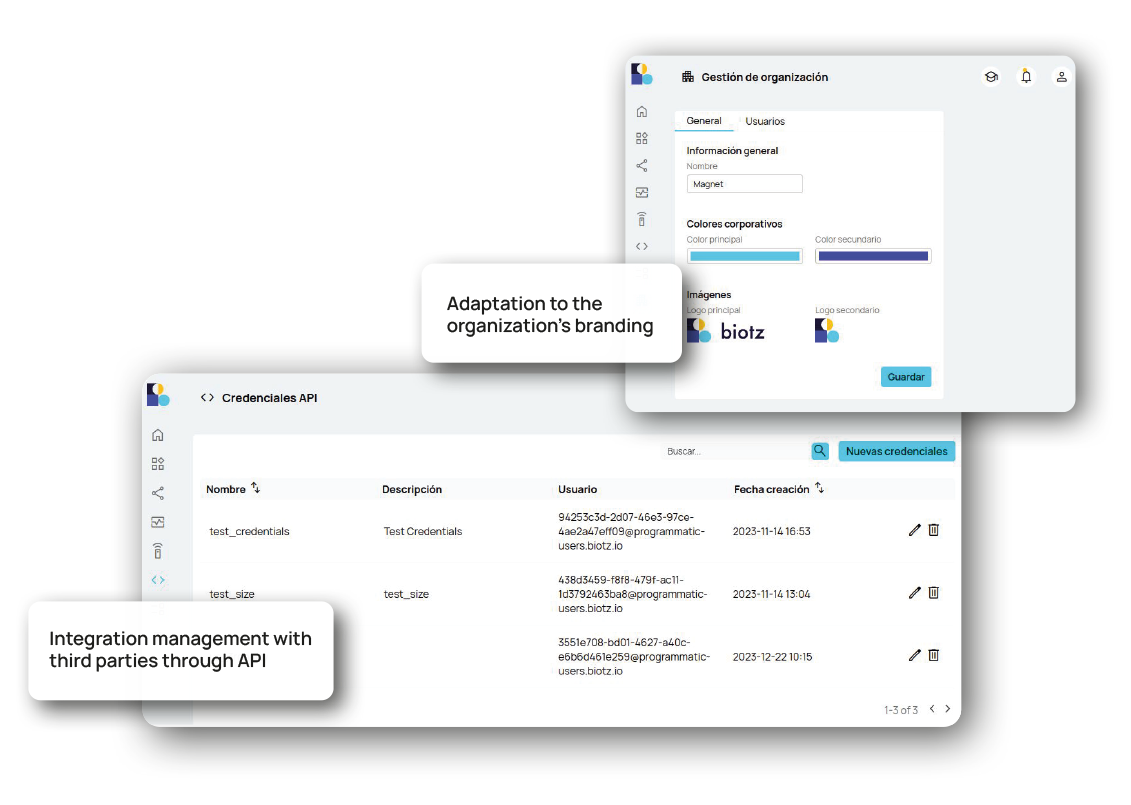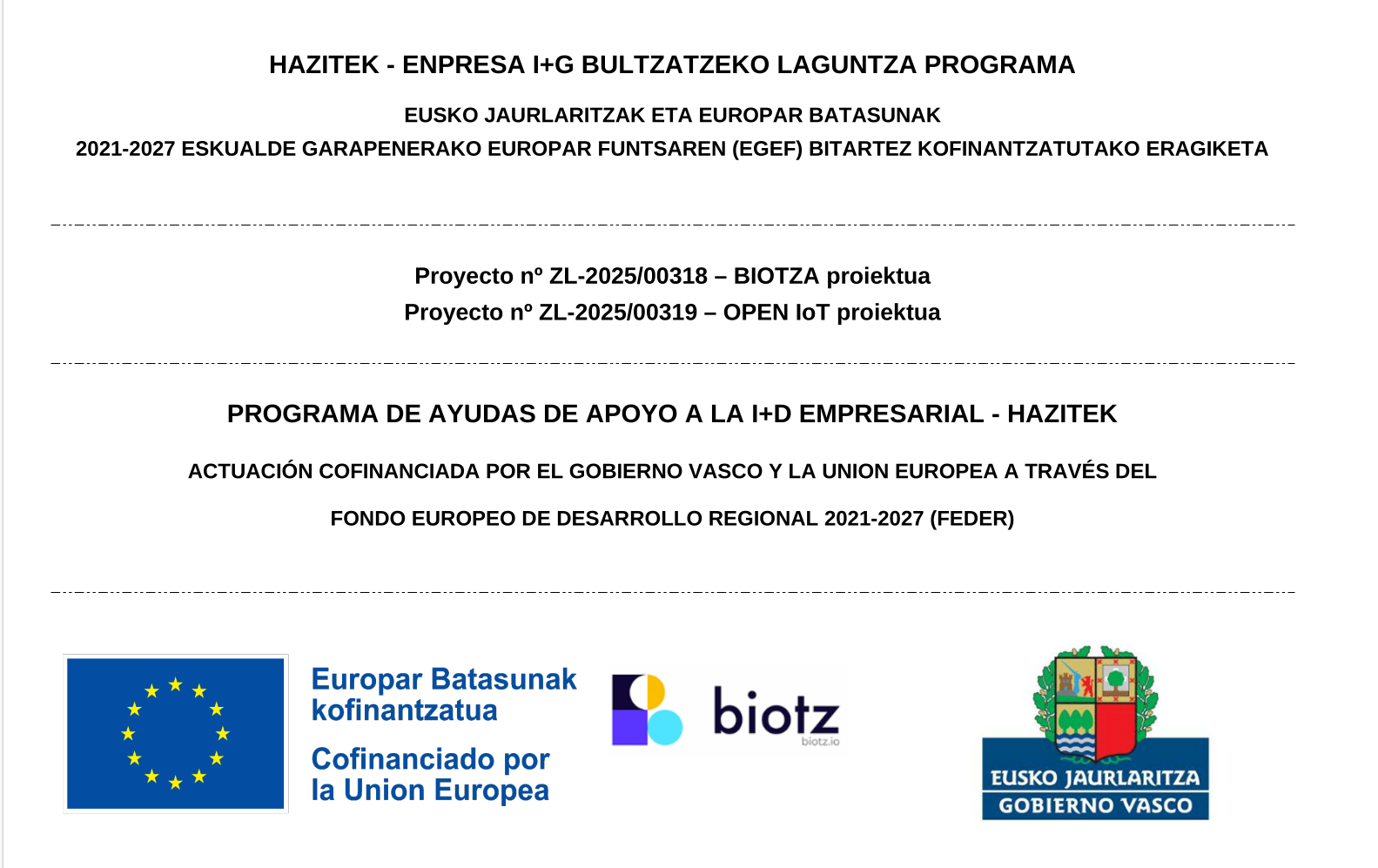Creating something nobody wants sucks. You can build something cool and highly sophisticated, but if it does not help solve a real problem, your business is doomed. In this post I will talk about what problems we are solving and why I think you need to leverage an IoT platform if you plan to create an IoT solution of any kind.
Let’s start with some basic questions:
What problems do IoT platforms solve? Who are the target users for an IoT platform?
An IoT platform can target both B2B and B2C markets, offering features and functionalities tailored to each segment, all with the common goal of leveraging connected devices and data to drive innovation:
- B2B: This is a major target. Businesses in the B2B market aim to offer quality products and services. They want to have large margins, they are innovation-driven and focus on automation to lower costs and improve efficiency.
- B2C: This market segment is also significant, with growing demand. IoT enables businesses to reach and retain consumers by providing personalized experiences, tracking data for insights, and enhancing customer relationships through targeted marketing strategies.
In both cases, IoT-based solutions offer numerous benefits that can significantly enhance your business:
- Optimal asset utilization: to track and monitor assets, ensuring optimal functioning at all times.
- Advanced business insights: to gather data to identify insights about business intelligence, both internally and externally, leading to better decision-making and operational efficiency.
- Better customer experiences: to track, monitor, and analyze customer data faster than before, allowing for personalized customer experiences and increased loyalty.
- New business models: IoT can be leveraged to create new business models: subscription-based, monetizing IoT data, offering new added-value services, etc. IoT can revolutionize traditional business models by creating new revenue streams, fostering customer engagement, and optimizing operations through data-driven insights.
In short. IoT is solving real problems for the real world, typically targeting a variety of users, ranging from device manufacturers, developers, end-users, data scientists/analysts and so on. Each one has different needs and leverages the IoT platform differently.
Why do I need a commercial IoT platform? Shouldn’t I build one in-house?
Some of the companies I talked to already have an in-house built IoT platform, requiring hiring and maintaining expertise in various technologies and domains that are not core for the business. Another thing I see is that it takes them a long time to ship to production and they have difficulties managing all the complexity related to this type of project (with undesirable downtimes and issues).
Building an IoT platform internally means taking on the responsibility of maintaining and updating the system regularly, which can be resource-intensive, in addition ensuring the security of an in-house IoT platform can be challenging, as it requires robust measures to protect against cyber threats and data breaches.
In short, these are excellent cutting-edge hardware and manufacturing businesses, but they are not software companies.
In these cases, leveraging an external IoT Platform makes total sense. IoT platforms provide a comprehensive and ready-to-use system without the need for extensive development, and they are developed by experts in the field, ensuring access to the latest technologies and ongoing support. Finally, IoT platforms like Biotz are designed to be scalable, allowing businesses to easily expand their IoT solutions as needed without significant development efforts.
But wait! There are other things that make perfect sense to build in-house.
Final applications automating your specific use-case and workflows would undoubtedly benefit from in-house expertise and control. Leveraging the developer API offered by IoT platforms will enable you to create these applications. While low-code software may suffice for internal tools, client-facing applications demand precision, adaptability, and flexibility.
In this regard, Biotz offers a Developer API to build final applications with any tech stack. When we do it ourselves, we use our own open source stack tool called HOP that empowers you to completely shape and refine your digital products.



.jpg)



